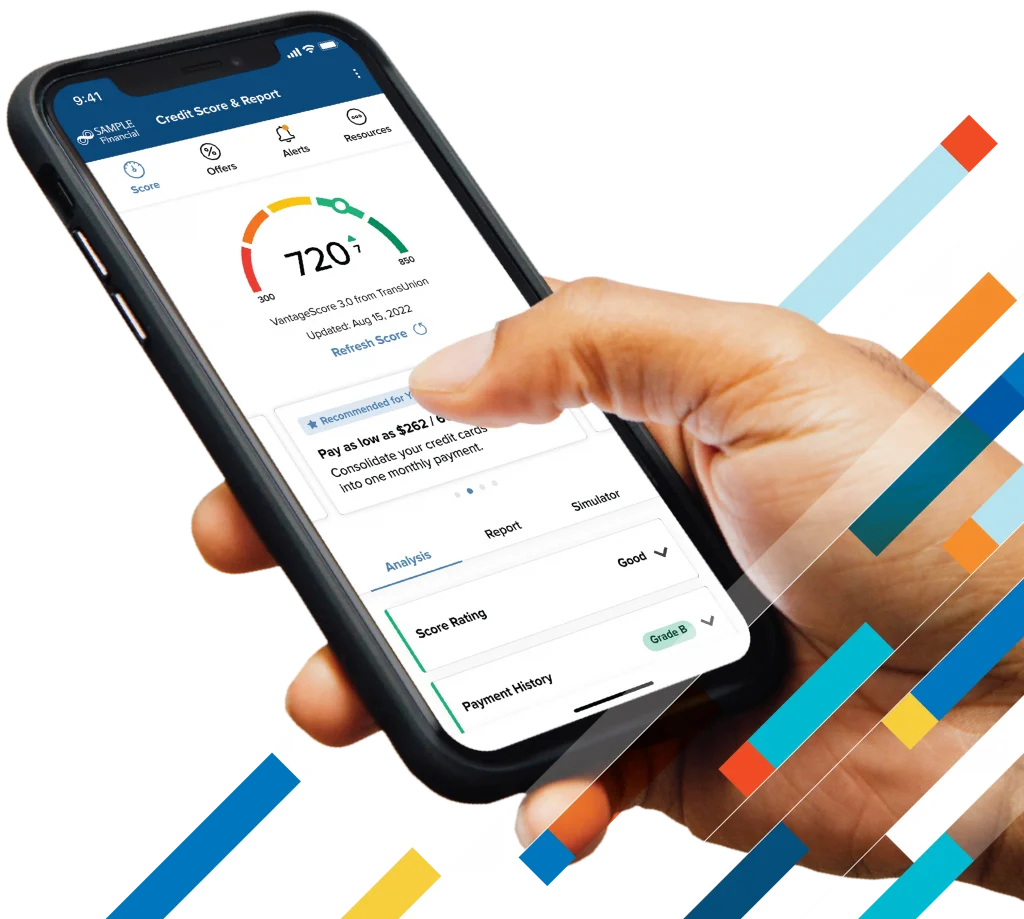Introduction
Navigating the intricate world of finance can be a daunting task for many. However, with the right guidance and tools, building a solid financial plan without the aid of a professional financial planner is entirely achievable. This article aims to empower individuals, particularly those engaged in the financial business, to take control of their financial futures. By harnessing the insights from CreditWiseHub, understanding the nuances of credit cards, and applying fundamental finance and loan principles, you can construct a robust financial plan tailored to your unique circumstances.

Understanding Your Financial Landscape
1. Assessing Your Current Financial Status:
The first step in crafting your financial plan is to conduct a thorough assessment of your current financial situation. This includes understanding your income streams, expenses, debts (including credit card balances), and investments. Creating a detailed budget is an excellent way to get a clear picture of where your finances stand.
2. Setting Financial Goals:
Once you have a grasp on your current financial status, it's time to set short-term and long-term financial goals. These could range from paying off credit card debt, saving for a down payment on a home, investing in stocks or bonds, or planning for retirement.
Building the Framework of Your Financial Plan
1. Creating a Budget:
A well-structured budget is the cornerstone of any financial plan. Use the tools and resources provided by your mobile financial software to categorize your expenses and allocate funds accordingly. Remember, a budget is not set in stone; it should be flexible and adjust to your changing financial situation.
2. Managing Debt:
High-interest debts, particularly from credit cards, can hinder your financial growth. Prioritize paying off these debts, possibly by consolidating them or seeking lower interest rates.
3. Savings and Emergency Fund:
Building an emergency fund is crucial. Aim to save at least three to six months' worth of living expenses. Additionally, regularly contribute to your savings goals, whether it's for a vacation, a new car, or your child’s education.
Investing and Growing Your Wealth
1. Understanding Investment Vehicles:
Dabble in various investment vehicles like stocks, bonds, mutual funds, or real estate. Utilize online resources and platforms to educate yourself about the risks and returns associated with each.
2. Retirement Planning:
Regardless of your age, it’s never too early to start planning for retirement. Explore options like 401(k)s, IRAs, or Roth IRAs, and understand the benefits and limitations of each.
Navigating Credit Cards and Loans
1. Credit Card Wisdom:
Credit cards can be a double-edged sword. Learn to use them wisely — take advantage of rewards and cashback offers but avoid the trap of high interest and debt accumulation.
2. Loan Literacy:
Understand different types of loans, their interest rates, and terms. Whether it’s a personal loan, mortgage, or student loan, make informed decisions that align with your financial goals.
Regular Monitoring and Adjustment
1. Track Your Progress:
Regularly review your financial plan. This includes monitoring your spending, evaluating your investments, and reassessing your goals.
2. Adapt to Changes:
Life is unpredictable. Be prepared to modify your financial plan in response to life changes such as a new job, marriage, or unexpected expenses.
Conclusion-creating a financial plan
Building a financial plan without a professional planner is not only feasible but also empowering. By leveraging the insights from CreditWiseHub, understanding the dynamics of credit cards and loans, and applying basic financial principles, you can chart a course towards financial stability and growth. Regular review and adaptation of your plan will ensure that it remains aligned with your evolving financial landscape.


